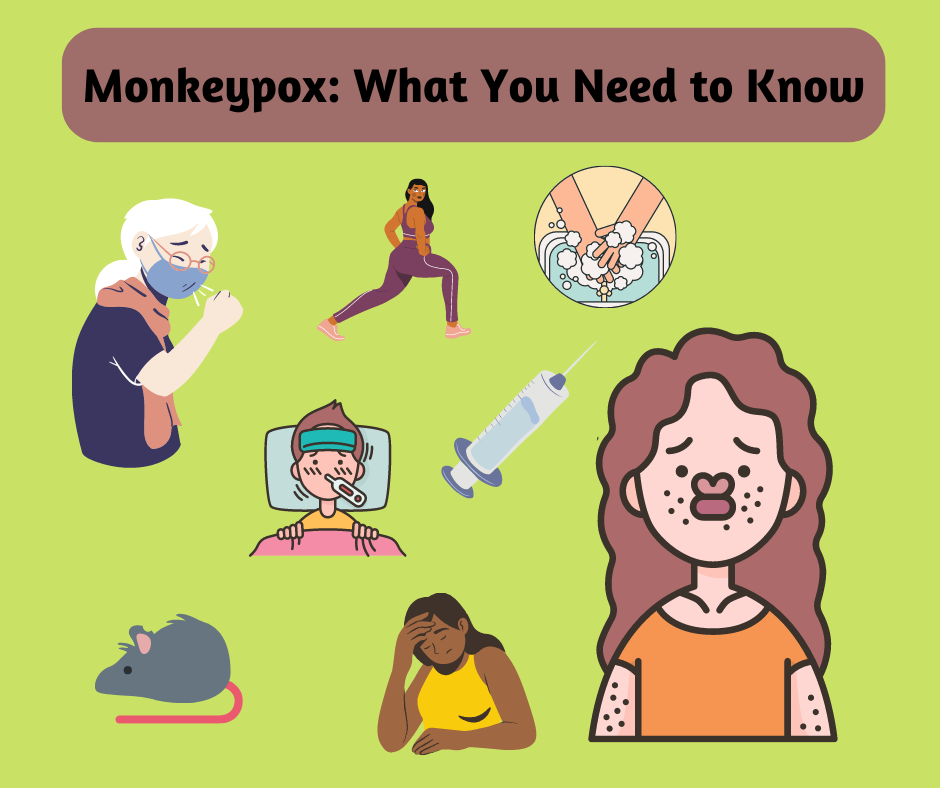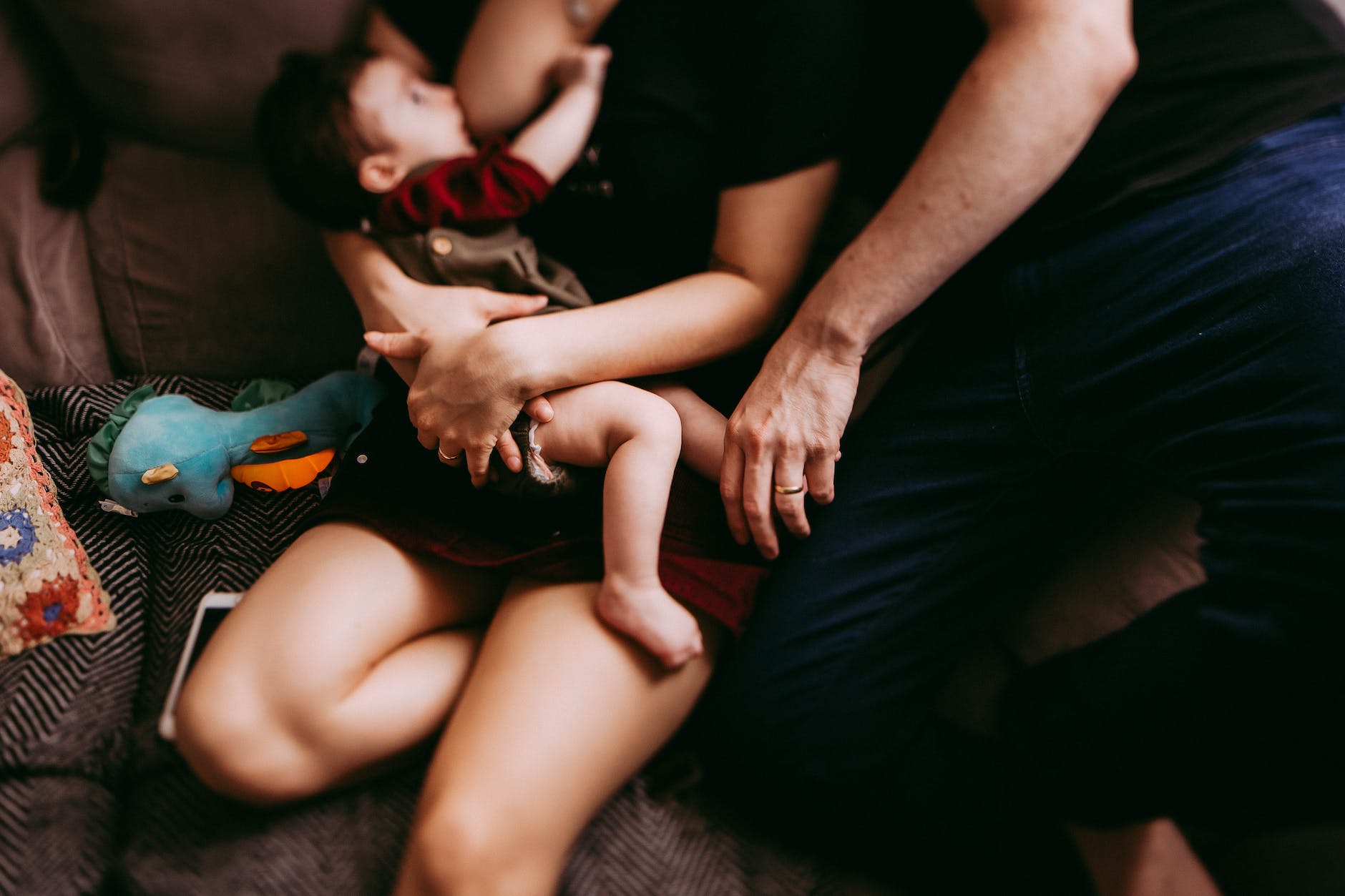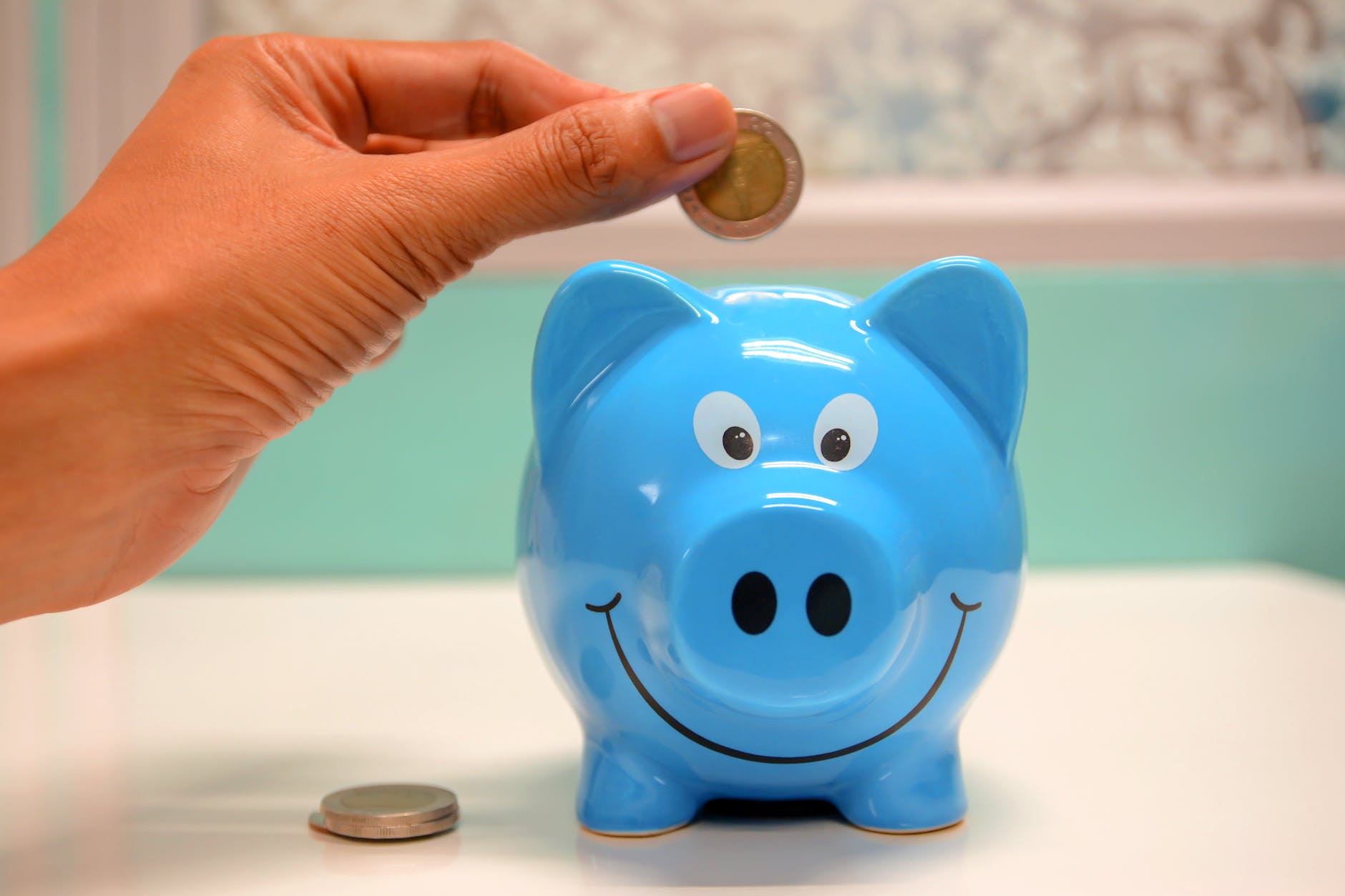You went out to do your errands one day and returned home suddenly finding rashes in some parts of your body. Uh-oh, you suddenly remembered seeing a post regarding the first signs of monkeypox. Are you going through the early stages of monkeypox?
You checked through your phone to find the news about the new disease, but you could not find where you saw it. No need to worry, I have summarized the most essential details about the rare disease.
So read on to find some advice on how to know if you have monkeypox. It is essential to learn more about the symptoms and transmission methods so you are aware if you need to isolate.
What is monkeypox?
Unrelated to chickenpox, monkeypox was discovered in 1958 and is caused by the monkeypox virus. It is a relative of smallpox, which is also a part of the variola virus family. It is the milder between the two and usually affects rats and monkeys.
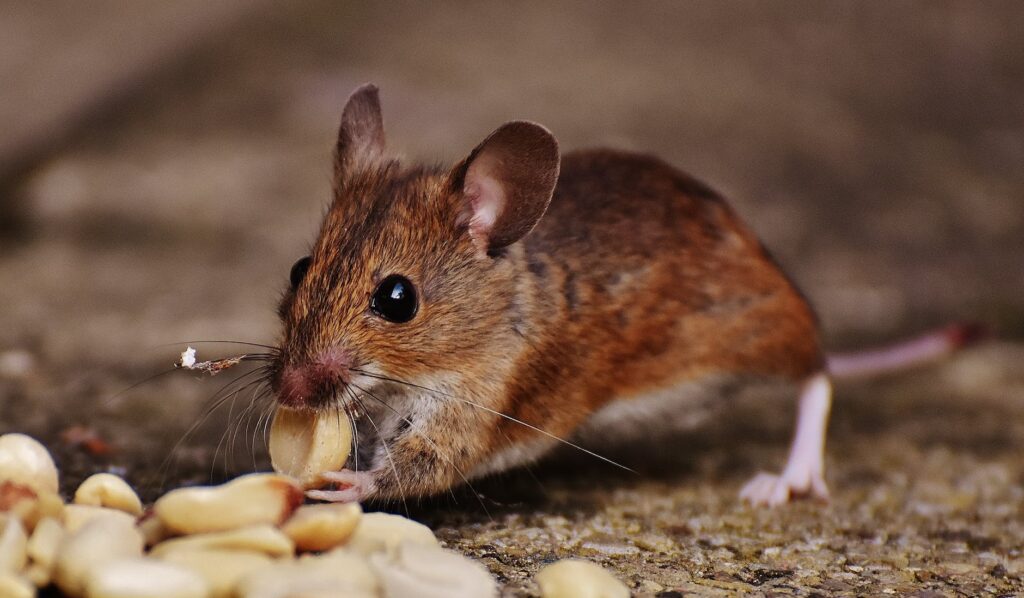
Even before the 2022 monkeypox outbreak, reports showed people infected by the rare disease in the central and western African countries. People encountered the disease in the late 1950s. During that time, the virus was spread through contact with skin lesions or through respiratory droplets.
While rarely found in other continents, most of the cases were caused by people traveling outside of Africa or those who had close contact with an infected person or animal.
Is monkeypox dangerous?
Even though there is an increase in the number of cases seen in the US, the level of threat it has could not be compared to COVID. People who get infected usually have mild symptoms. Treatment is available for those who develop a painful rash.
Even so, being protected is best when it comes to avoiding getting ill with the disease. Make sure that you take care of your well-being and follow the precautionary measures to avoid being infected.
How does monkeypox get transmitted?
There are two ways by which you could get infected by the disease. Either you have close contact with a person infected, or from an animal that carries the virus. Using the same objects touched by someone infected could transfer the virus to you.
- Having direct contact with an infected person and animal’s rashes, body fluids, or scabs.
- Being together with the carrier for more than four hours could pose a risk.
- Using the blankets, clothes, or anything that an ill person uses.
- A pregnant woman can also transmit the virus to the unborn fetus.
- Scratches and bites from an infected animal.
- Handling products made from infected animals.
How do you know if you have monkeypox?
Five to 21 days after getting exposed to the virus, you will see the first signs of the rare disease. The monkeypox symptoms usually last for two to four weeks. Check out the list to know if you are at the beginning stages of monkeypox.
- Fever and chills
- Skin rash
- Fatigue
- Backache and muscle pain
- Swollen lymph nodes
The monkeypox rash stages start one to four days after you develop a fever. Before it spreads to the other parts of your body, the early monkeypox rash is usually seen first on the face, hands, or feet.
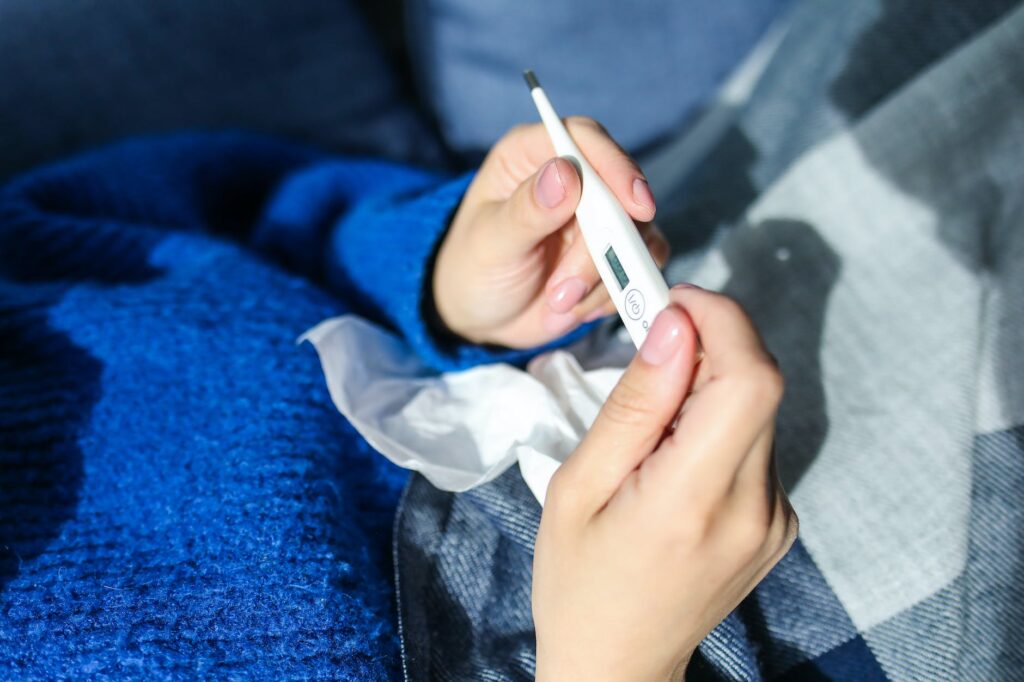
You’ll notice the rash starts from flat spots that turn to blisters filled with pus. The remnants will fall off after it scabs over. The rash stage usually happens within two to four weeks. Do take note that you can spread the rare disease from the start of monkeypox until the scabs heal.
What to do if you have monkeypox?
You can safely recover at home if you feel that you got infected. There is no cure yet for the rare disease, but you can heal safely while isolating yourself at home. Since it is caused by a virus, you can get better by following the steps to relieve viral diseases.
- Drink lots of fluids, eat healthily, and get enough sleep.
- Take medications for pain and fever as needed.
- Keep your rashes dry and avoid scratching them.
- Wash your hands with soap and water if you touch your lesions.
- Gargle salt water as an antiviral solution.
- Exercise if you can.
- Separate your utensils and towels from the people you live with.
- Disinfect areas where you stayed while isolating.
- Make sure the house is well ventilated by opening the windows.
- Avoid being in close contact with the people around you.
- Wear masks if you have to be in the same room as other people.

Contact a health worker if you suspect getting the disease. Follow their advice to avoid spreading the virus to the people around you. Report to them if your symptoms worsen.
How to prevent monkeypox?
Caused by a virus, the rare illness could be prevented by avoiding getting exposed to the virus. Below are some things you can do to avoid getting infected by the disease.
- Be vigilant and avoid close contact with anyone who looks like they have the monkeypox rash.
- Be aware that there are animals that might carry the virus, and avoid them.
- Isolate anyone you know who has the virus.
- If you suspect having close contact with an infected person, make sure to wash your hands properly with soap and water.
Is there a monkeypox vaccine available?
Currently, the vaccine used for treatment is the smallpox vaccine. Since the two share the same family, the smallpox vaccine may be able to prevent monkeypox. According to the CDC, antivirals like Tecovirimat (TPOXX) may be given to people with weakened immunity.
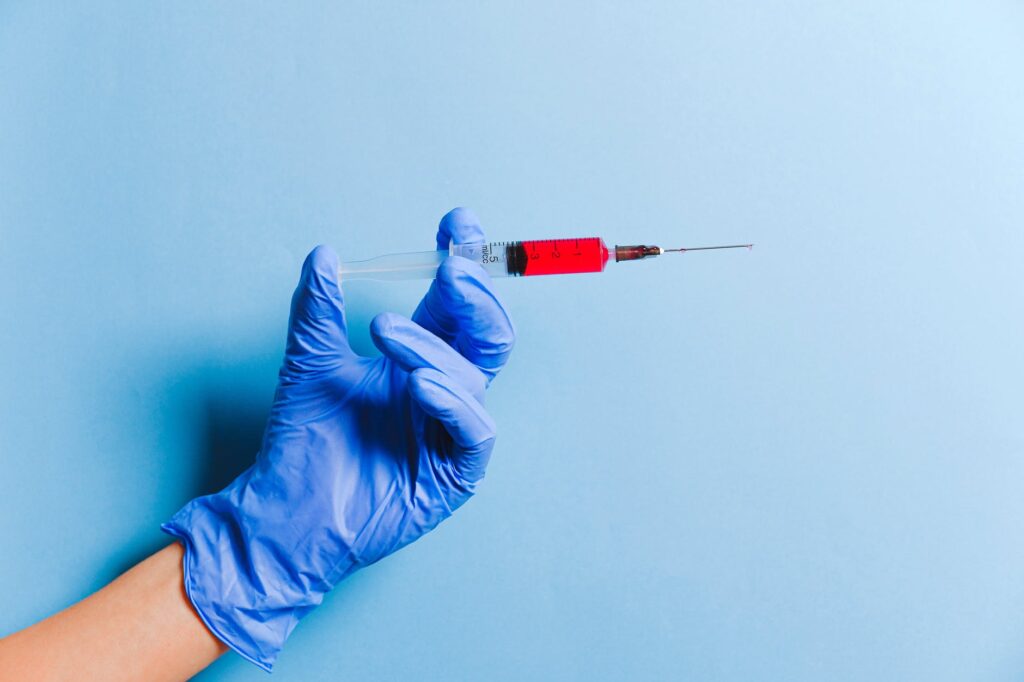
Even without treatment, most people who got infected recover fully after two to four weeks. Inform your doctor immediately if you develop symptoms to avoid spreading the virus further.
How to get rid of monkeypox?
Monkeypox treatment is usually targeted at relieving symptoms. If you think that you are infected, isolate yourself at home until the scabs of your rash disappear. Drink lots of fluid to help flush out the virus. Take pain relievers as needed.
While there are no drugs to help cure the rare disease, some antiviral drugs used to treat smallpox may help cure it. Doctors may offer vaccinia immune globulin for people who do not respond well to the smallpox vaccine.
Monkeypox Conclusion
You are now aware that the rare disease is not as scary as COVID, but it is just as essential to be cautious to avoid getting sick. If we follow the protocols as we do for COVID, then you are at least wearing armor against the disease.
Being educated is your first defense against illnesses. Knowing the hows and what to do could help you be ready. As long as you follow the guidelines strictly, then you may be saved from the deadly diseases lurking around the corner.
I hope you learned a lot about monkeypox. Do share this article with anyone whom you think needs and wants to know more about the disease. Are you scared about the outbreak? Comment your answer below!









